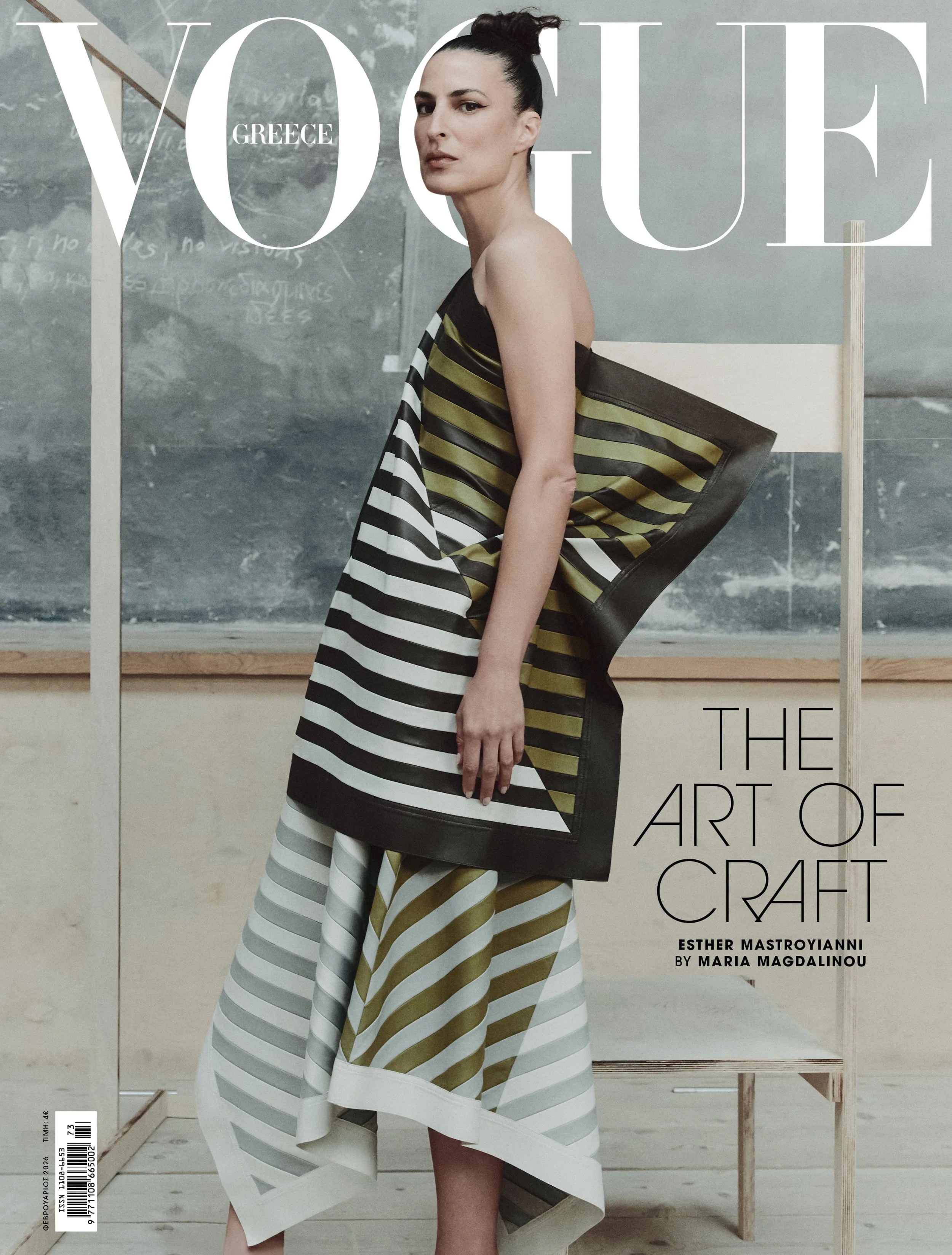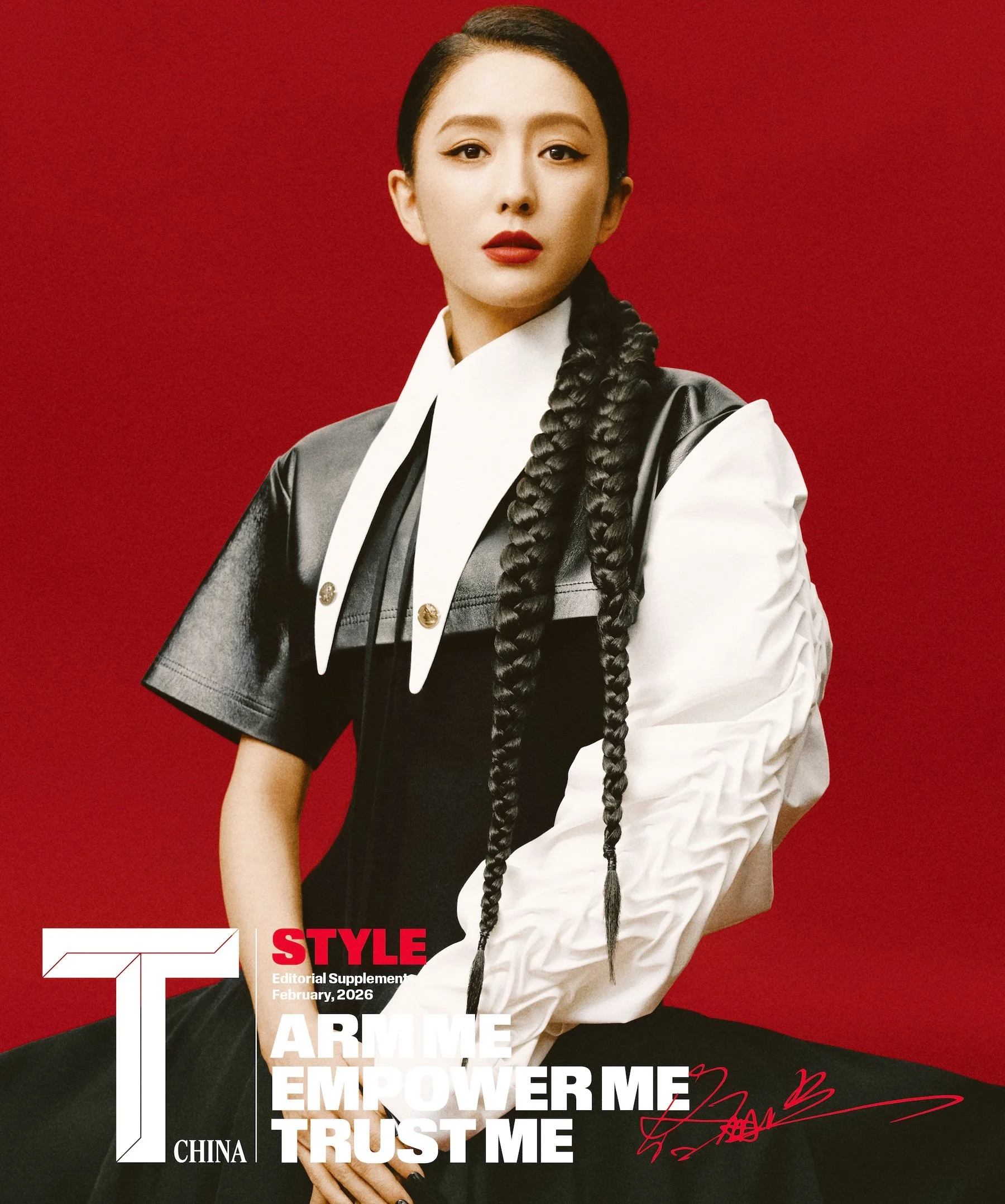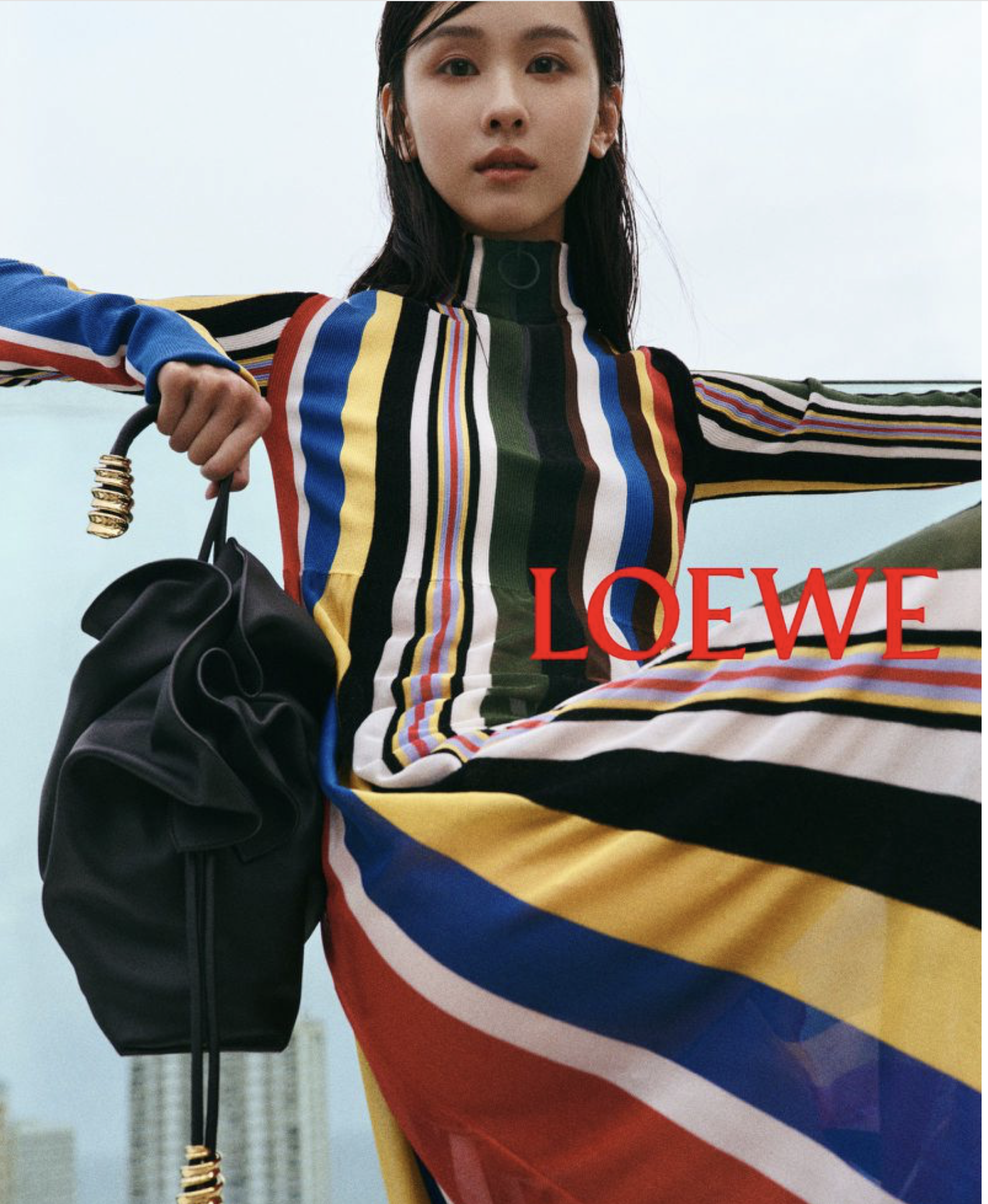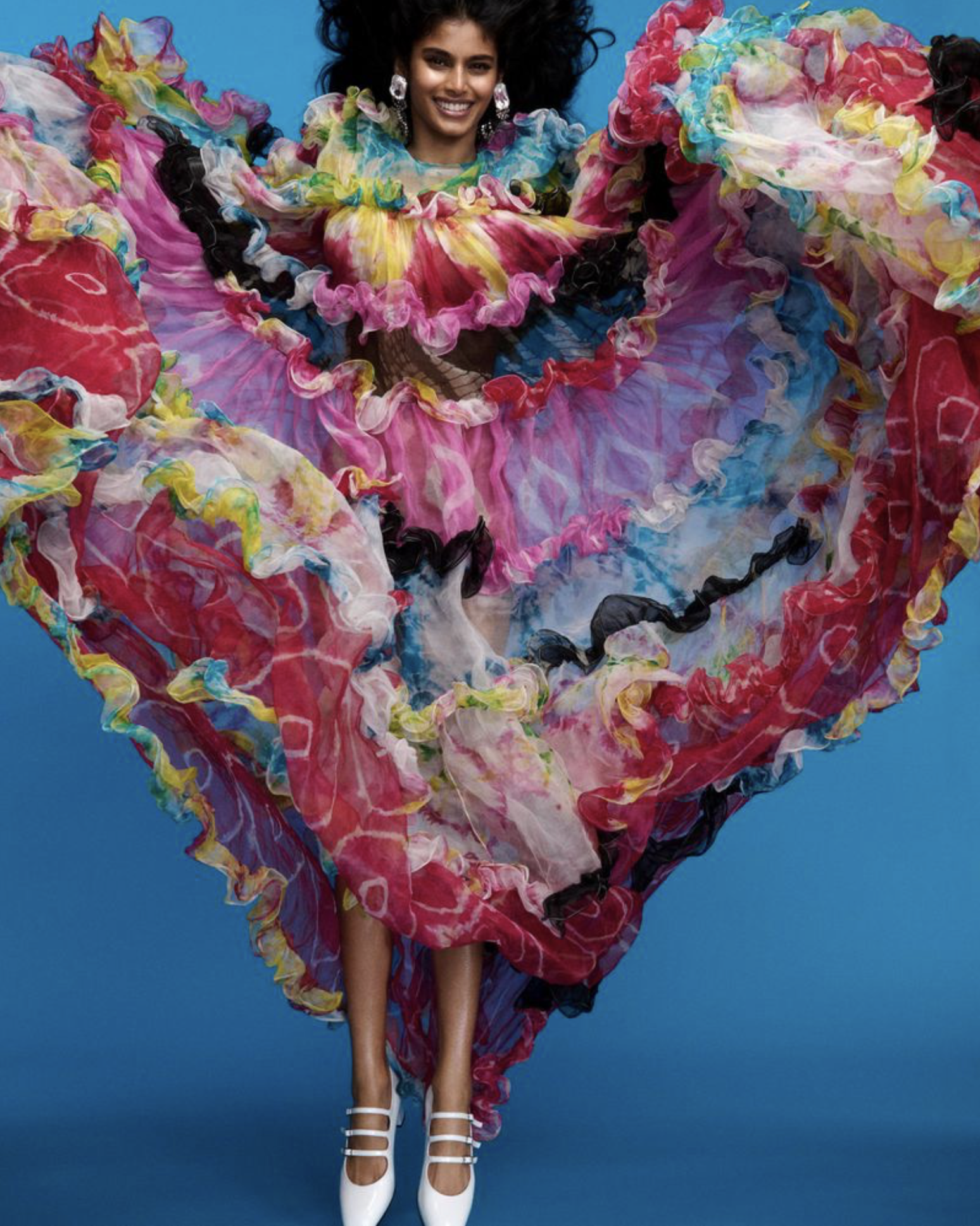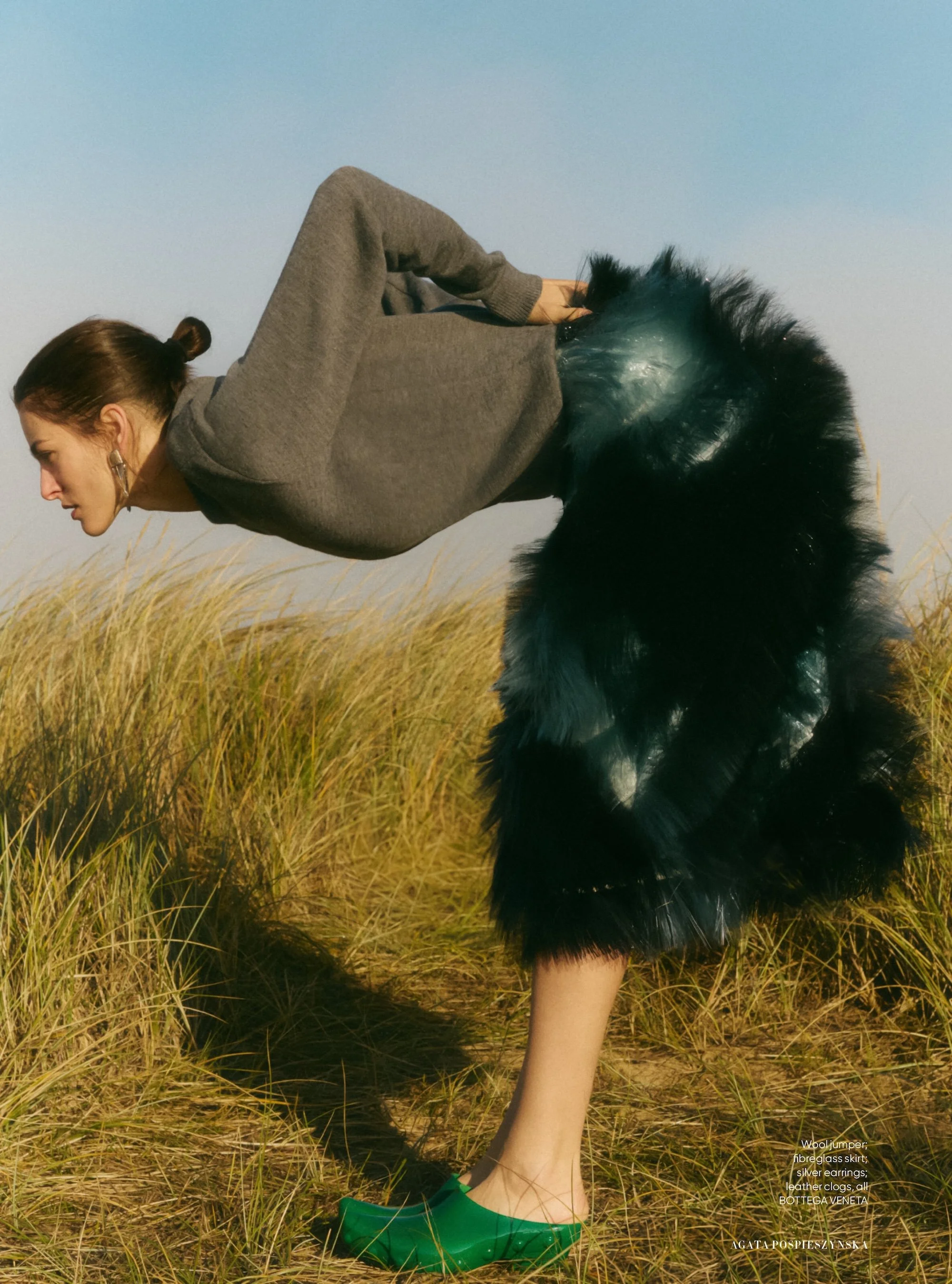How Value Co-creation Can Change Our World of ‘Consume and Dispose’ into ‘Consume and Pass On’
/Top image: City of Philadelphia Getaway at the Greenhouse. Bottom image: Patagonia in the Andes Mountains by carlos hevia on Unsplash
By Anna Gerke, Associate Professor in Management, Audencia. First published on The Conversation.
Major industrialized nations currently live in a “consume and dispose” world. This is great for firms’ bottom lines and abstract measures such as GDP, but the social and environmental costs of this way of life have been high – for example, the high price of “fast fashion”. We’re all encouraged to use less and recycle more, but how can we as a society shift to a “consume and pass on” model?
What’s required is for firms and consumers to become equal and active partners in the creating of value, doing so sustainably and independent of ownership. This process is known as value cocreation. Our economic and social system has developed from a goods-for-goods to a goods-for-money exchange system. A society and economy based on value co-creation means that we move on to a service-for-service exchange system, where firms and consumers are equal partners. The firms provide knowledge about a particular trade or good, while customers provide knowledge about the particular expectations, experiences and context in which the good or service will be experienced.
One example is the delivery firm DHL, which regularly brings together its customers and service partners in “innovation centers” to share best practices. Patagonia is a standout in the clothing industry, encouraging customers to co-create value through repair workshops, clothing swaps, and more.
Value cocreation replaces consumption
In the 19th century, farmers, tradesmen and merchants created value directly through their activities. The 20th century was the century of the firm, and in its second half, multinational companies gained momentum. All of these models have their foundations in an input-throughout-output model in which suppliers provide goods and services to consumers, who use them up.
Arrived in the 21st century, the consumer of goods and services but also the client in a business-to-business relationship has become the crucial actor in a customer-centred value creation perspective.
The first fundamental difference of value co-creation is that all economic activities and exchanges are relational – value is only created in relationships with at least two actors, and thus it is always co-created. In such relationships, each actor applies knowledge to create value. The actual value resides not in the good, service or information resulting from the applied knowledge but it depends on what the other actor makes of it based on its own knowledge. Goods and services are only vehicles for the value generated from applied knowledge.
For example, a lawyer will apply legal knowledge to defend the client. A chef in a restaurant will apply cooking knowledge to prepare satisfying meals. A designer will use her or her skills to conceive and create stylish and comfortable furniture. Applying knowledge results in activities (in our examples, defending the client, serving nice meals, designing furniture) that firms and individuals do for themselves or for others and that might involve the use of tangible goods (e.g., meat, vegetables, etc. to cook meals; wood or other materials for furniture). However, there is no intrinsic, standalone value in the goods or services produced. Therefore, the ownership of goods has no value in itself. However, in today’s economic model, in most cases value creation requires ownership.
The second fundamental difference is that all actors are equal contributors to value creation. In the extreme version of this thinking, all economic and social actors are equally providers and beneficiaries of applied knowledge. Therefore, there is no longer any need to make the distinction between firm and customer. Instead of business-to-consumer and business-to-business thinking, supporters of this approach argue for an actor-to-actor world of social and economic exchange. In this world, exchanges happens through activities based on applied knowledge that render a service for one or several actors. In this perspective, the traditional notion of consumer and consumption is foregone.
Vision for the future or already reality today?
To illustrate this philosophy we can just look at all the Internet-based businesses that allow various forms of actor interaction. Platforms such as Booking.com and Opodo have positioned themselves as intermediary between traditional supplier firm and consumer rendering the service of connecting. Uber, BlaBlaCar and Airbnb have created the sharing economy by providing platforms for individuals to share their homes or cars. Unused space and capacity is turned into value thanks to these firms.
However, these models of sharing have been heavily commercialised and professionalised and the sharing component got lost. Numerous countries have taken actions to ban, limit and fine some platform businesses. Critiques includes price pressures on traditional providers, tax evasion, excesses and precarious work conditions. True sharing platforms like Couchsurfing have not grown like the commercially oriented platforms, but continue to survive.
Traditional manufacturing-based firms such as Patagonia and Decathlon provide platforms for customers to exchange or trade used products. The outdoor gear and apparel brand Kathmandu takes back any product that they sell for recycling even if it is another brand. Patagonia as well as the shoe manufacturer Tricker’s offer repair services to their customers. Patagonia and the retailer REI go even as far as encouraging customers not to buy.
Many of these companies co-create value together with their customers by giving the used products a second life or prolonging the life of an existing product. Firms and customer need to work together to make this happen. While one might say that strategies like the one of Patagonia is irrational and would be against the shareholders’ will (fortunately, the company is privately held and thus has no shareholders), taking the value co-creation perspective, the company understands that more and more sustainable value is created when prolonging product lives rather than fostering over-consumption and a “use and dispose” mentality.
Value co-creation happens in business-to-consumer interaction, business-to-business interaction, and consumer-to-consumer interaction, to make it short actor-to-actor interaction. All those interactions are locus of value co-creation for one or both involved parties. All those opportunities have the potential to help us to “consume less” without “having less”. Further alternatives such as clothing rental for responding to peoples’ needs exist to the traditional “buy, consume and dispose” mentality. However, it is still a long way to go to change peoples mindsets and behaviours and to adopt those alternative ways as equal options to traditional “consumption”.




